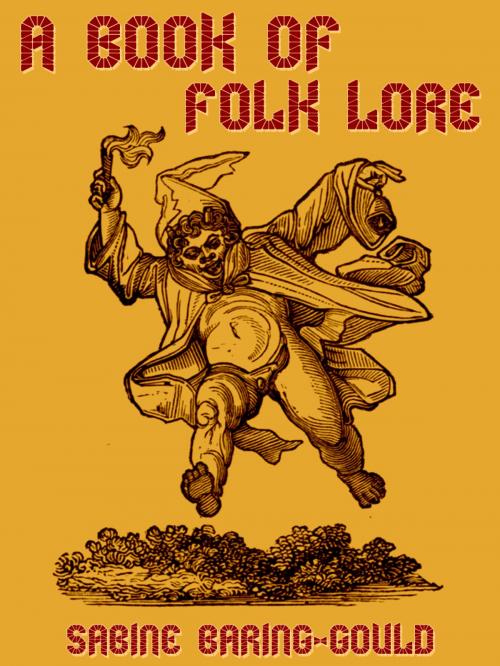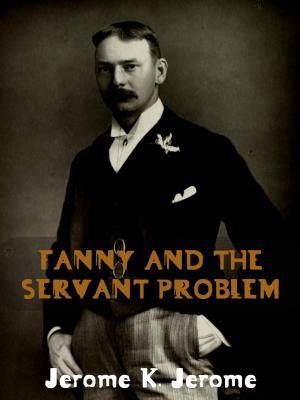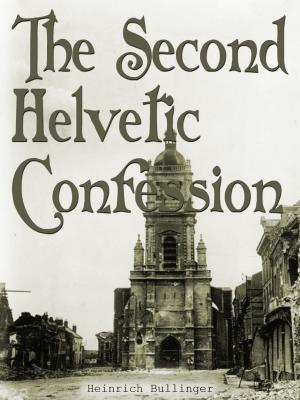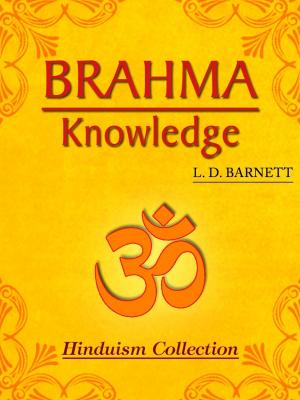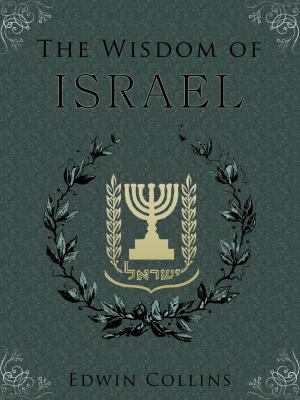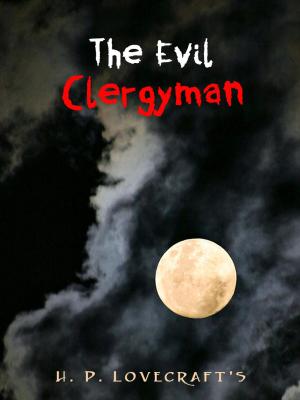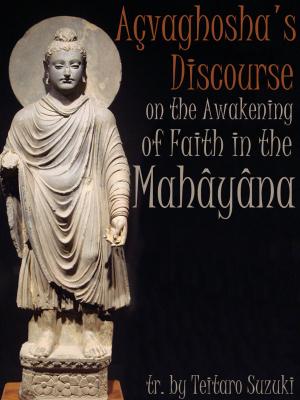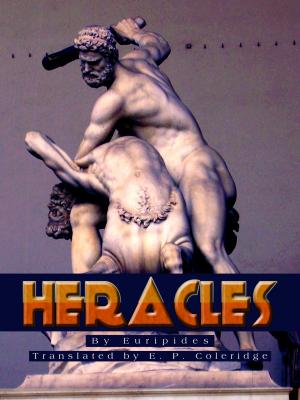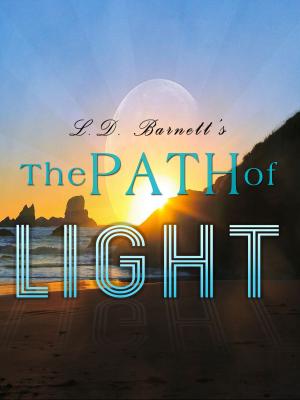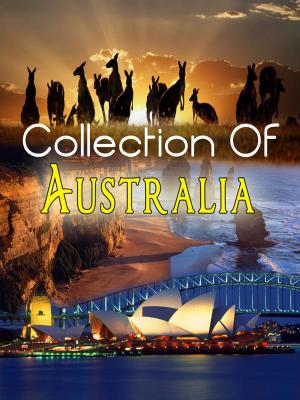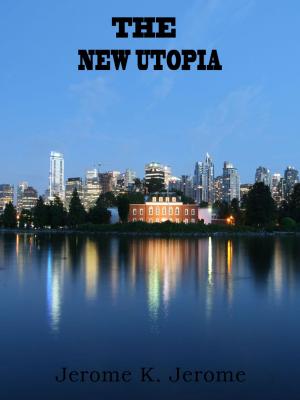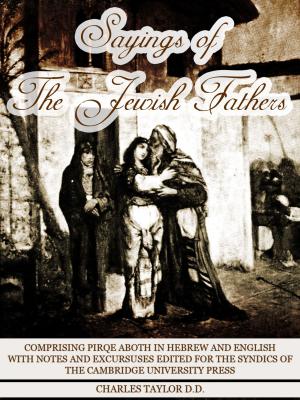A Book Of Folk Lore
Fiction & Literature, Literary Theory & Criticism, Reference, Historical, Literary| Author: | Sabine Baring-Gould | ISBN: | 1230000019671 |
| Publisher: | AppsPublisher | Publication: | September 23, 2012 |
| Imprint: | Language: | English |
| Author: | Sabine Baring-Gould |
| ISBN: | 1230000019671 |
| Publisher: | AppsPublisher |
| Publication: | September 23, 2012 |
| Imprint: | |
| Language: | English |
A Book of Folklore
by Sabine Baring-Gould
"The word folk-lore (lore = knowledge) was first used by the British archaeologist William J. Thomas in a letter published by the London Journal Athenaeum in 1846. Folklore is the body of expressive culture, including tales, music, dance, legends, oral history, proverbs, jokes, popular beliefs, customs, and so forth within a particular population comprising the traditions (including oral traditions) of that culture, subculture, or group. It is also the set of practices through which those expressive genres are shared. The academic and usually ethnographic study of folklore is sometimes called folkloristics."
About the Author:
"The Reverend Sabine Baring-Gould (28 January 1834 – 2 January 1924) was an English hagiographer, antiquarian, novelist and eclectic scholar. His bibliography lists more than 500 separate publications. His family home, Lewtrenchard Manor near Okehampton, Devon, has been preserved as he rebuilt it and is now a hotel. He is remembered particularly as a writer of hymns, the best-known being "Onward, Christian Soldiers" and "Now the Day Is Over", and the desk at which he wrote these hymns is still preserved at the hotel. He also translated the carol "Gabriel's Message" from Basque to English.
His education at The King's School, Warwick lasted just a few months in 1846 - he caught whooping-cough and was ordered to go abroad for the sake of his health. He then went up to Cambridge earning the degrees of B.A. in 1857, then M.A. in 1860 from Clare College."
A Book of Folklore
by Sabine Baring-Gould
"The word folk-lore (lore = knowledge) was first used by the British archaeologist William J. Thomas in a letter published by the London Journal Athenaeum in 1846. Folklore is the body of expressive culture, including tales, music, dance, legends, oral history, proverbs, jokes, popular beliefs, customs, and so forth within a particular population comprising the traditions (including oral traditions) of that culture, subculture, or group. It is also the set of practices through which those expressive genres are shared. The academic and usually ethnographic study of folklore is sometimes called folkloristics."
About the Author:
"The Reverend Sabine Baring-Gould (28 January 1834 – 2 January 1924) was an English hagiographer, antiquarian, novelist and eclectic scholar. His bibliography lists more than 500 separate publications. His family home, Lewtrenchard Manor near Okehampton, Devon, has been preserved as he rebuilt it and is now a hotel. He is remembered particularly as a writer of hymns, the best-known being "Onward, Christian Soldiers" and "Now the Day Is Over", and the desk at which he wrote these hymns is still preserved at the hotel. He also translated the carol "Gabriel's Message" from Basque to English.
His education at The King's School, Warwick lasted just a few months in 1846 - he caught whooping-cough and was ordered to go abroad for the sake of his health. He then went up to Cambridge earning the degrees of B.A. in 1857, then M.A. in 1860 from Clare College."
